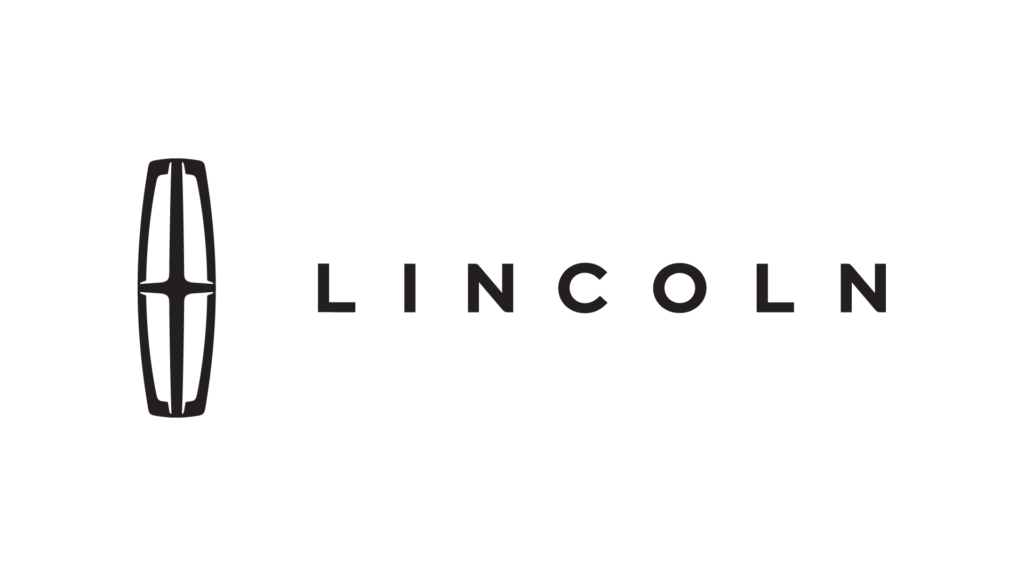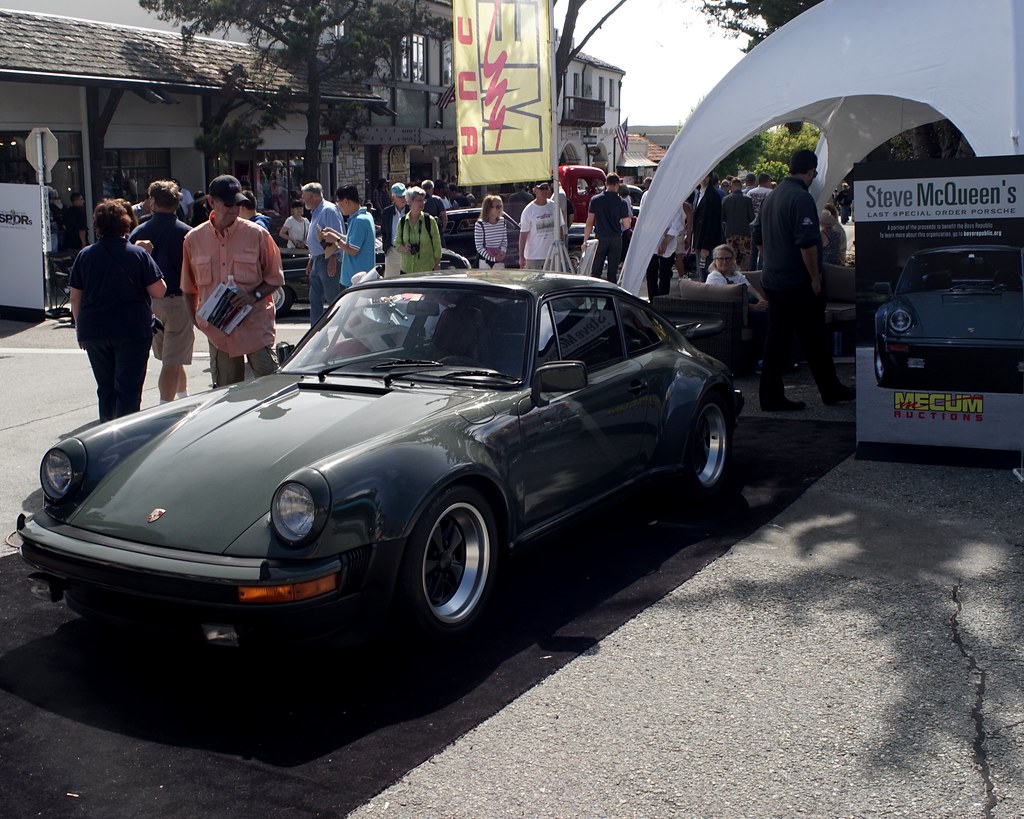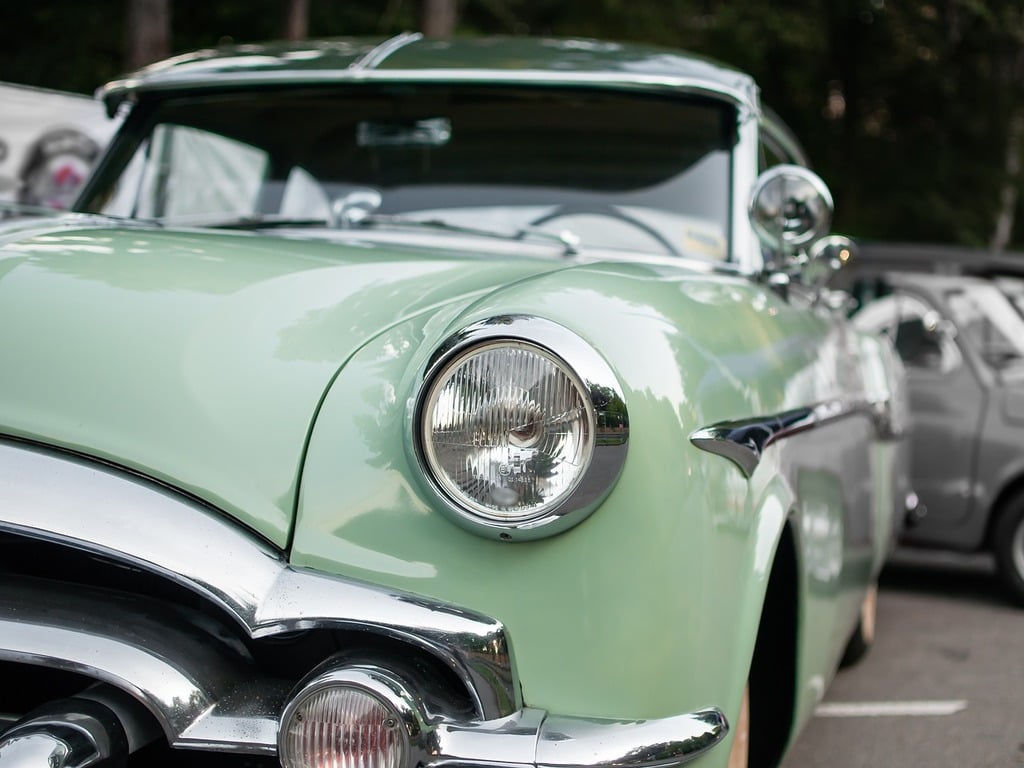In the bustling world of automobile innovation, electric vehicles (EVs) have undeniably taken the spotlight, promising a greener and more technologically advanced future. While many automakers are racing to electrify their fleets, Lincoln, Ford Motor Company’s luxury division, stands out with a different approach. Under the leadership of Dianne Craig, who took the helm as Lincoln’s President in December 2022, the brand is momentarily pausing its electric ambitions to focus on understanding and fulfilling the immediate needs of its premium clientele. This shift in strategy presents a fascinating narrative in the automotive industry’s ongoing evolution towards electrification.
Lincoln’s Pause on EVs and Considerations
Ford’s announcement of a strategic pivot towards more affordable EVs set the automotive world abuzz, but it appears that Lincoln, its luxury counterpart, is momentarily holding back on electrification. Dianne Craig, in a revealing interview with Detroit News, emphasized the importance of listening to customer needs. Interestingly, she highlighted that Navigator customers, known for their towing activities, may not find electric vehicles as appealing, given the current technological constraints. This pragmatism underscores Lincoln’s commitment to customer satisfaction, even if it means diverging from the prevailing industry trend towards electric mobility.
The luxury brand’s contemplative stance on EVs marks a significant pivot from its earlier announcements. Just two years ago, under Joy Falotico’s presidency, Lincoln captivated audiences with the unveiling of the Lincoln Star Concept, signaling the brand’s ambitious plans to introduce four new electric models by 2026. These bold declarations set expectations high, positioning Lincoln alongside rivals committed to electrification. However, as we move through 2024, the brand has yet to introduce its first all-electric vehicle, choosing instead to prioritize its current lineup, including the Corsair, Nautilus, and the new Aviator. This decision, according to Craig, stems from a desire not to make ‘any grand declarations’ on its EV roadmap prematurely, emphasizing a strategic wait to better understand premium customers’ desires.

Lincoln’s Current Strategy and Future Outlook
The introduction of the new Nautilus recently, positioned as a technological beacon for Lincoln, suggests that the brand’s focus on electric transition remains, albeit with a cautious and calculated approach. This vehicle exemplifies how Lincoln integrates cutting-edge technology into its luxury vehicles, maintaining its prestigious status without rushing into the electric vehicle market. Furthermore, the luxury auto maker’s strategy of enhancing its current offerings with high-tech features reflects a broader industry trend, where automakers reevaluate their electrification timelines in response to evolving market dynamics and consumer preferences.
Despite Lincoln’s temporary step back from EVs, the automotive landscape continues to evolve swiftly, with competitors like Porsche, BMW, and Genesis aggressively expanding their electric offerings. For instance, Porsche’s electric Macan has already secured over 10,000 orders, underscoring the burgeoning demand for luxury electric vehicles. Moreover, the success of EV startups like Rivian and Lucid in capturing market share in the luxury segment highlights the competitive pressures facing traditional automakers. Lincoln’s cautious approach, therefore, raises questions about its ability to maintain relevance and competitiveness in an increasingly electric future.
Lincoln’s strategy extends beyond product offerings, as evidenced by its plans to consolidate its dealership network. By reducing the number of dealerships from 637 to approximately 356, Lincoln aims to refine its focus on product excellence and customer experience. This move, while bold, reflects a broader acknowledgment of the challenges facing the automotive retail sector and the need for brands to adapt strategically. Moreover, Lincoln’s focus on creating luxurious dealer-run ‘vitrines’ or boutiques emphasizes the brand’s commitment to delivering an exceptional customer experience, further distinguishing it from competitors.

As the automotive world continues its inevitable march towards electrification, Lincoln’s current strategy offers a unique perspective on balancing immediate customer needs with long-term industry trends. While the brand’s cautious approach to EVs may delay its entry into the all-electric market, its emphasis on technological advancements and customer experience reflects a nuanced understanding of the luxury automotive landscape. In navigating these complex waters, Lincoln’s journey underscores the challenges and opportunities facing traditional automakers as they adapt to a rapidly changing world.
Lincoln’s strategic pivot, under Dianne Craig’s leadership, highlights a deliberate and customer-centric approach to the electric vehicle transition. By focusing on enhancing its current lineup with cutting-edge technology and refining its dealership experience, Lincoln is crafting a unique path in the luxury automotive sector. As the brand eventually embraces electrification, its current strategy may well position it to meet the future with a stronger understanding of its customers’ desires and a more robust product offering. In the dynamic and competitive arena of luxury automobiles, Lincoln’s journey is a compelling narrative of adaptation, resilience, and innovation.
Related posts:
The Detroit News
Lincoln puts EVs on the back burner amid Ford’s shift to more affordable EV models
Lincoln Pumps The Brakes On EVs, Focuses On Big Tech Instead





